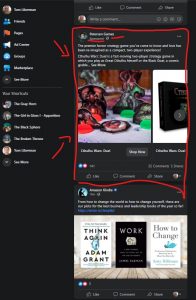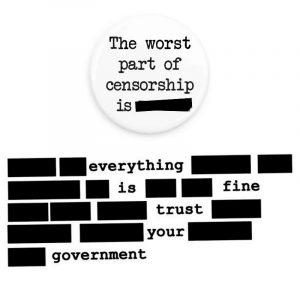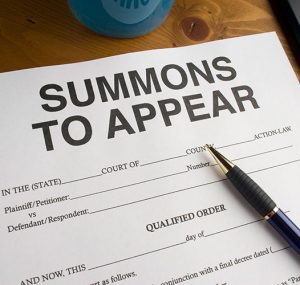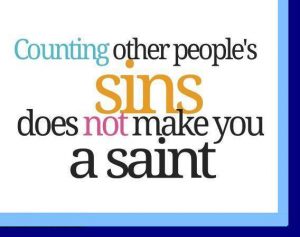If you’re finding social media to be unpleasant then you probably want to improve your social media experience. I’m certainly in that category, or at least I was a few weeks back.
I think, for a lot of people, social media becomes a place to read about upsetting things. Maybe it’s your politics or religion. Maybe it’s something else. Whatever the cause, you’re reading a lot of things that upset you. That’s not a great place to be.
It’s your Social Media
If you want to improve your social media experience one of the first things to do is take control. Social media is largely fed to you based on computer algorithms. The things you investigate via search engines or simply articles you read are pitched to you in an endless loop.
The algorithm thinks, aha, Tom likes this. I’ll give him more. A lot of people think the algorithm is in control but it’s not. You’re in control. Take the reins. How? Simply start clicking on things you enjoy rather than things that upset you.
What do I like?
I started by clicking a few astronomy images that I found pleasing to the eye. Soon enough such images started appearing in my social media. This led to some wildlife images. I clicked on those. Then came pictures of amazing birds. The art of bonsai followed. Historical articles based on facts rather than nonsensical speculation began to pop up. Amazing rock formations led to geologic crystals. The delight seems endless.
It took less than a week and my social media feed now contains many things that make me smile. If you want to improve your social media experience, I’d suggest you follow my plan.
What I’m not Saying
I’m not saying social media is all wine and roses. I read a lot of articles looking for things to blog about and that leads me down some insane rabbit holes filled with frightening and delusional people. There’s a lot of crazy out there and they will never go away.
My Fifty-Percent Rule
It’s never going to be perfect. There will always be bad with the good and good with the bad. What I try to do is figure out if I’m enjoying myself more than I’m getting enraged by utter stupidity. If I’m enjoying myself the majority of the time, then I’ll keep at it. The same with people. If I find a person to be toxic the majority of the time, I’ll just stop doing things with that person as best I can.
I thought social media was toxic, enraging, bad for me. I suspect that’s why a lot of people simply turn away from it. Which is sad because it’s also filled with a lot wonderful things. Great friends, family, beauty.
Conclusion
Now, it’s not a perfect system. I still find things on social media upsetting. I still get angry when I read certain articles. That being said, I do find I notably enjoy my social media time more than I did just a few weeks ago.
The algorithms are fast to spot a new type of activity. If you want improve your social media experience, it’s actually pretty easy.
Tom Liberman



















